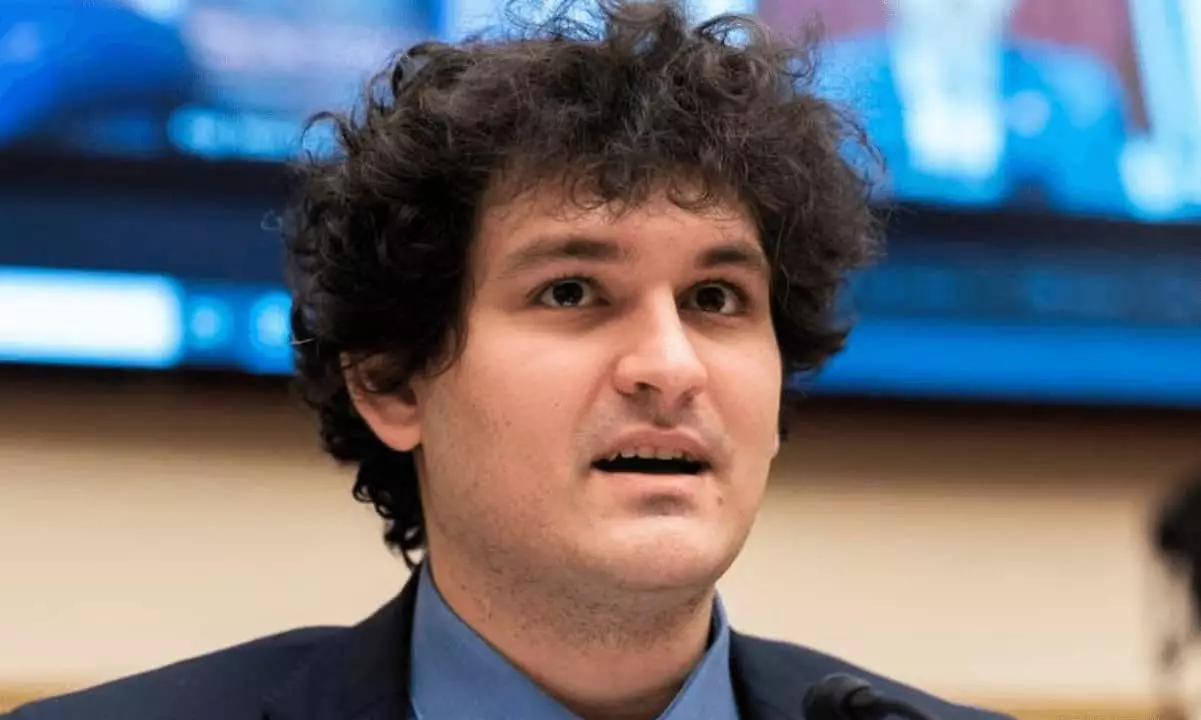Once heralded as the golden child of the cryptocurrency landscape, Sam Bankman-Fried (SBF) has transformed into a cautionary tale of ambition gone awry. The founder of the now-defunct FTX has relished the spotlight for all the wrong reasons, and his recent prison interview with Tucker Carlson epitomizes this. Posing as a misunderstood figure while attempting to assert his innocence raises grave concerns about the very nature of self-awareness in the modern sociopolitical climate.
While his public relations knight, Mark Botnick, resigned amid the fallout from this strategic misstep, it is evident that Bankman-Fried’s actions reflect a deeper, troubling sense of entitlement. He appears oblivious to the devastating consequences of his financial malfeasance, which cost investors billions. The underlying seeds of narcissism have sprouted into a destructive vine that threatens to engulf any semblance of redemption he might have sought.
The Illusion of Innocence
SBF’s assertion, “I don’t think I was a criminal,” is one that strikes right at the heart of his narrative. This misguided belief showcases a disassociation that is both alarming and reflective of a broader malaise in our cultural landscape. To deny accountability in a climate where ethical infractions have far-reaching implications is irreparable folly. His attempts to maintain an air of moral superiority only serve to polarize public sentiment further.
Moreover, SBF’s casual discussions about life in prison, including surprisingly empathetic comments towards fellow inmate Sean Combs, present a dangerously fabricated narrative. Such comments are indicative not of a repentant figure looking to atone but rather of one who seeks to manipulate perceptions through a narrative that paints him as relatable, despite living a lavish life prior to his financial collapse. This dissonance suggests a fundamental misunderstanding of empathy and accountability.
Shifting Political Allegiances
With SBF’s increasingly cavalier attitude towards law and morality comes an equally astonishing shift in political allegiance. Once an ostentatious supporter of the Democratic Party, Bankman-Fried now appears to be gravitating towards President Trump and the Republican Party in the hopes of a clemency deal. His criticisms of Joe Biden and former SEC Chair Gary Gensler demonstrate his willingness to renegotiate allegiances based solely on personal survival.
This move, while opportunistic, is emblematic of a broader trend we observe continually across the political spectrum: individuals who redefine their ideologies as a means of self-preservation. When ethics bend under the weight of ambition, we face a moral compromise that clouds our society’s value system—one where personal interests supersede the very principles that should underpin accountability and responsibility.
The Role of Media Manipulation
Bankman-Fried’s disastrous media strategy reflects an extreme case of trying to regain control through manipulation. The fact that his previous interviews have been weaponized against him in court suggests a profound lack of insight into the repercussions of media exposure. By opting to engage with a controversial figure like Tucker Carlson, he betrays a naive belief that such appearances will garner sympathy or rehabilitate his public image.
What’s critical to understand here is that in today’s digital age, where soundbites can be amplified into damaging narratives, the savvy deployment of media is not merely strategic; it’s essential. Yet, the paradox lies in how a person once revered for his intellectual prowess can so clearly miscalculate his way through a public relations minefield. His misadventures serve as a wake-up call—not just for himself, but for a society that often celebrates chaos rather than accountability.
The disarray surrounding Bankman-Fried encapsulates a troubling moment in history, where the lines between integrity and subterfuge become increasingly blurred. His journey from the zenith of influence to the nadir of disgrace highlights an urgent need for a recalibration of our values in both politics and the world of finance, ensuring that accountability, not opportunism, becomes the cornerstone of our future.

